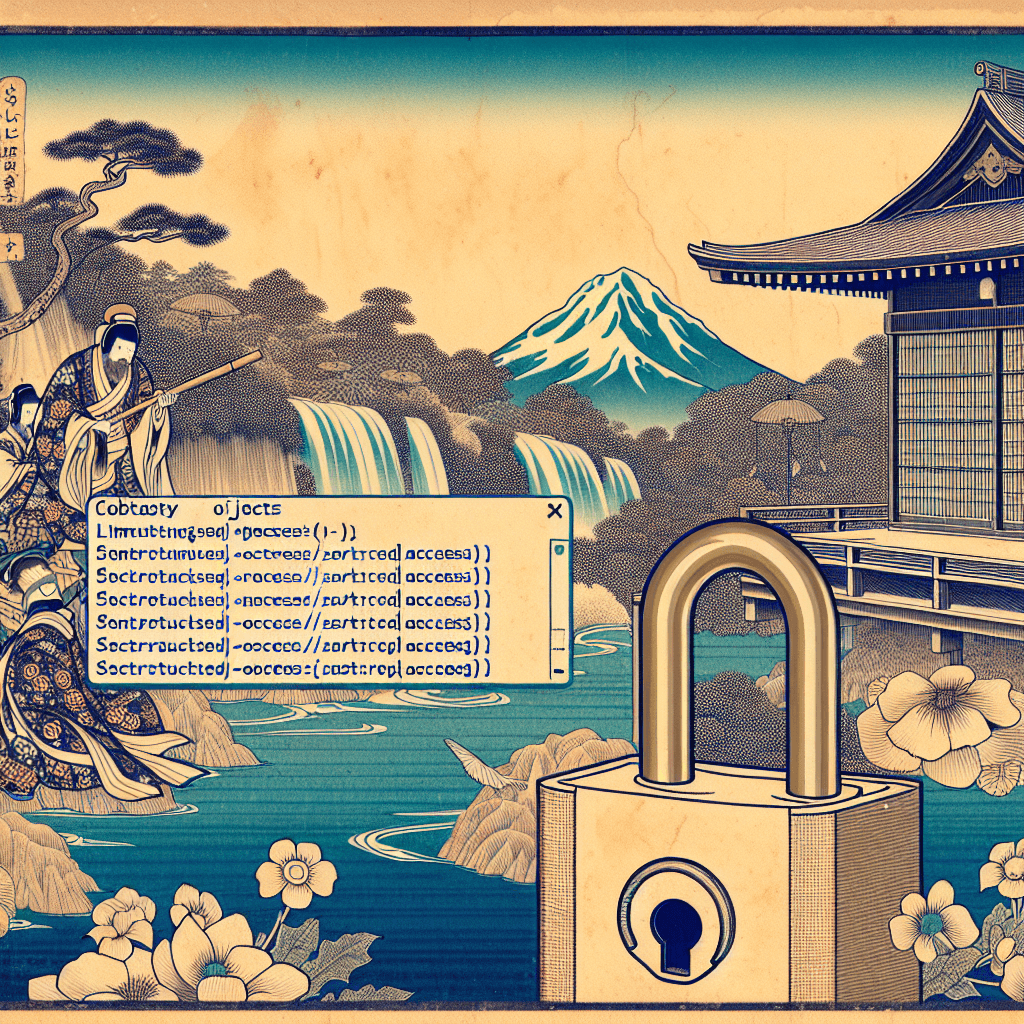

syndu | Oct. 11, 2023, 2:47 p.m.

In the world of web development, ensuring data security and privacy is paramount. When using Django REST Framework, one common requirement is to limit the scope of a ViewSet so that a user can only access the objects they created. This post will guide you through the process of achieving this in a simple and effective manner.
Before we dive into the solution, let's briefly understand the Django REST Framework. It's a powerful and flexible toolkit for building Web APIs in Django. It provides several features such as authentication, serialization, and view sets, which make it easier to build and manage your API.
A ViewSet in Django REST Framework is a type of class-based View, that does not provide any method handlers such as .get() or .post(), but instead provides actions. These actions are used to handle the basic functions of a view, such as retrieving data, creating new data, updating existing data, and deleting data.
Now, let's consider the problem at hand. You want to limit the scope of a ViewSet so that a user can only access the objects they created. This is a common requirement in multi-user applications where data privacy is important.
The best way to achieve this is by overriding the get_queryset method in your ViewSet. The get_queryset method is responsible for returning the list of objects that the view will display. By customizing this method, you can control the objects that each user can access.
from rest_framework import viewsets
from .models import YourModel
from .serializers import YourModelSerializer
class YourModelViewSet(viewsets.ModelViewSet):
serializer_class = YourModelSerializer
def get_queryset(self):
user = self.request.user
return YourModel.objects.filter(created_by=user)
In this code, we first import the necessary modules. We then define a YourModelViewSet class that inherits from viewsets.ModelViewSet. Inside this class, we define the get_queryset method.
In the get_queryset method, we first get the user who made the request. We then return a queryset that only includes the objects created by this user. This is done using the filter method of the YourModel.objects manager, which returns a new queryset containing objects that match the given lookup parameters.
In conclusion, limiting the scope of a ViewSet in Django REST Framework is straightforward. By overriding the
get_querysetmethod, you can ensure that each user can only access the objects they created. This not only enhances data privacy but also improves the user experience by showing users only the data that is relevant to them.